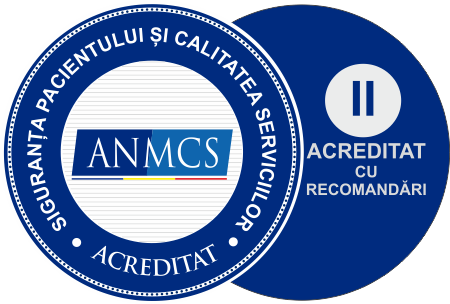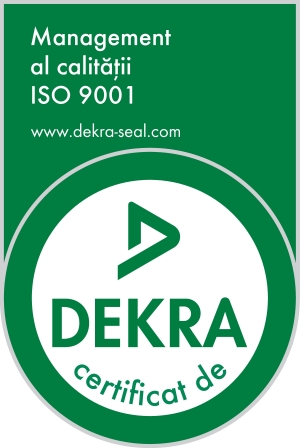Psoriasis is a chronic inflammatory skin disease, occurring in genetically predisposed populations, with immune perturbations, frequently under the influence of environmental and internal triggers, being characterized by:
- well-demarcated erythematous squamous plaques, typically located on the elbows, knees and scalp;
- after its onset, the rash evolves chronically, recurrently, throughout the patient’s life; the skin plaques can resolve simultaneously or under treatment; the full remission periods may become shorter and even disappear with the age;
- it can be associated with joint conditions (psoriatic arthritis).
In most cases, the onset occurs at the peak activity age, between 20 and 40 years of age, with important economic, social and psychological consequences for the affected persons.
Key Clinical Symptoms and Signs:
- well-demarcated erythematous plaques of various sizes and shapes, covered in abundant white, lamellar, multi-layered scales, which easily detach, either spontaneously or by scratching;
- topography: the first rashes typically appear on the extension regions (elbows, knees, scalp), but other rashes may continue to appear in any other area of the body, including the large skin folds, the palmoplantar area; lesions rarely appear on the face and in exceptional cases on the genital or buccal mucous membrane;
- subjective, the rash may be asymptomatic or accompanied by moderate to unbearable pruritus, depending on each case;
- trigger/aggravating factors: major mental stress, abuse of alcohol and/or smoking, intercurrent infectious diseases (in children, especially Streptococcal acute pharyngitis), skin trauma (injuries, burns, etc.), iatrogenic factors (beta blockers, lithium-based mixtures, indomethacin, etc.), HIV/AIDS infection, the aggravation of internal diseases (diabetes mellitus, cirrhosis, cardiac insufficiency, etc.) and for 10% of the cases, sun exposure (photoaggravated psoriasis).



